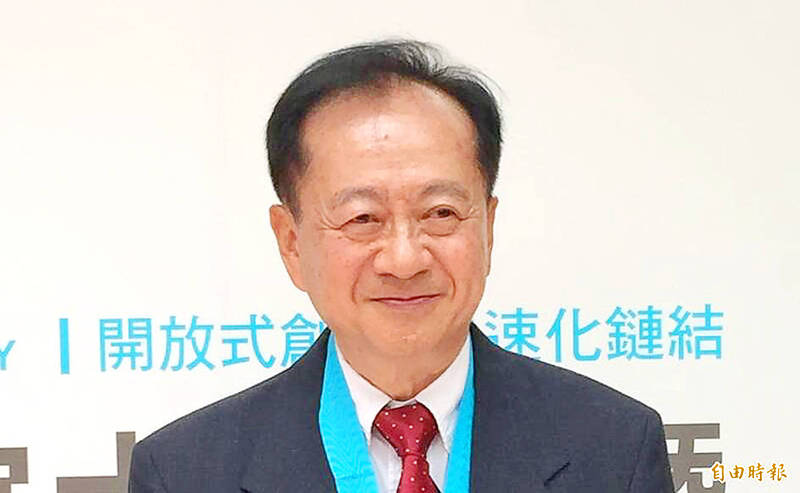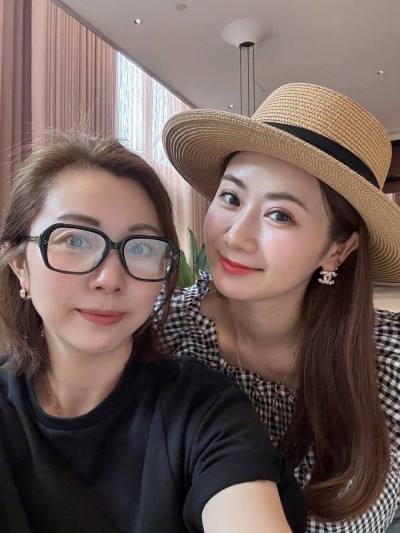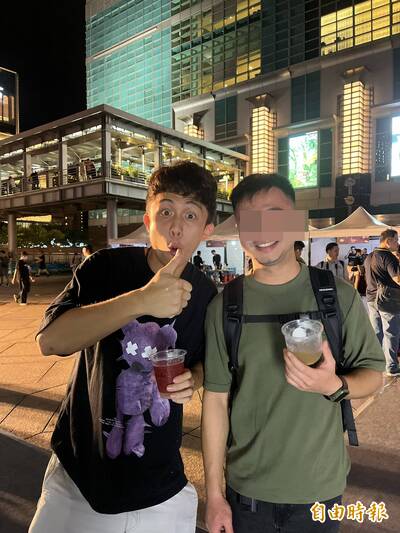《TAIPEI TIMES》China’s chip industry ‘not successful’

Former Taiwan Semiconductor Manufacturing Co cochief operating officer Chiang Shang-yi poses for a photograph at an event in Taipei on Dec. 28, 2016. Photo: Grace Hung, Taipei Times
TRUDGES ON: US sanctions against Beijing would slow down China’s chip industry, but an ex-TSMC executive said this not to blame for its own underachieving
Staff writer, with CNA
The struggles of China’s chip industry predate US sanctions, and “people” are the country’s “biggest hurdle,” former Taiwan Semiconductor Manufacturing Co (TSMC, 台積電) co-chief operating officer Chiang Shang-yi (蔣尚義) said in an interview.
Speaking on Era TV’s Taiwan Insights on Sunday, Chiang, who worked in China for several years after leaving TSMC in 2013, said that while Chinese firms might be capable of solving the technical aspects of research and development, he found during his time there that “the biggest hurdle was always people.”
Regarding his dealings with “political leaders” when serving as vice chairman of Shanghai-based Semiconductor Manufacturing International Corp (SMIC, 中芯國際), Chiang said he felt that he was “not trusted.”
“SMIC is headquartered in Shanghai, but has factories in Beijing. I was asked by then-SMIC chairman Zhou Zixue (周子學) to fly to Beijing when a high-ranking official wished to visit the factories, but twice I was shut out of the meetings because they only allowed People’s Republic of China citizens to attend,” Chiang said.
Zhou had tried to iron out the issue by setting up personal meetings with the Beijing official for Chiang, but “it was not a pleasant feeling,” he said.
With regards to US sanctions against Beijing, Chiang said they would slow down the development of China’s chip industry, but it remained to be seen if the pressure would end up forcing chipmakers to stand on their own feet.
“We do not know whether self-reliance could be achieved [in China’s semiconductor industry], but one also has to note that China has been developing the industry for more than 10 years and the US sanctions are actually very recent,” Chiang said.
China’s chip industry was “not that successful either when it was not restricted,” he added.
Chiang was first recruited by SMIC, China’s top foundry, as an independent director in 2016, before leaving to take up the position of CEO at Wuhan Hongxin Semiconductor Corp (HSMC, 武漢弘芯) in 2019.
He left HSMC in July 2020 and returned to SMIC in mid-December 2020 to take over as vice chairman, but left China a year later.
After leaving SMIC in 2021, he told local media in Taiwan that he would not work in China again.
Chiang in November last year joined Hon Hai Precision Industry Co (鴻海精密) as its chief strategy officer to integrate the resources of its semiconductor subsidiaries. In June, he was appointed to chair ShunSin Technology Holdings Ltd (訊芯科技), a semiconductor arm of Hon Hai that specializes in offering system-in-a-package modules and optical transceivers.
Additional reporting by Lisa Wang
新聞來源:TAIPEI TIMES



















